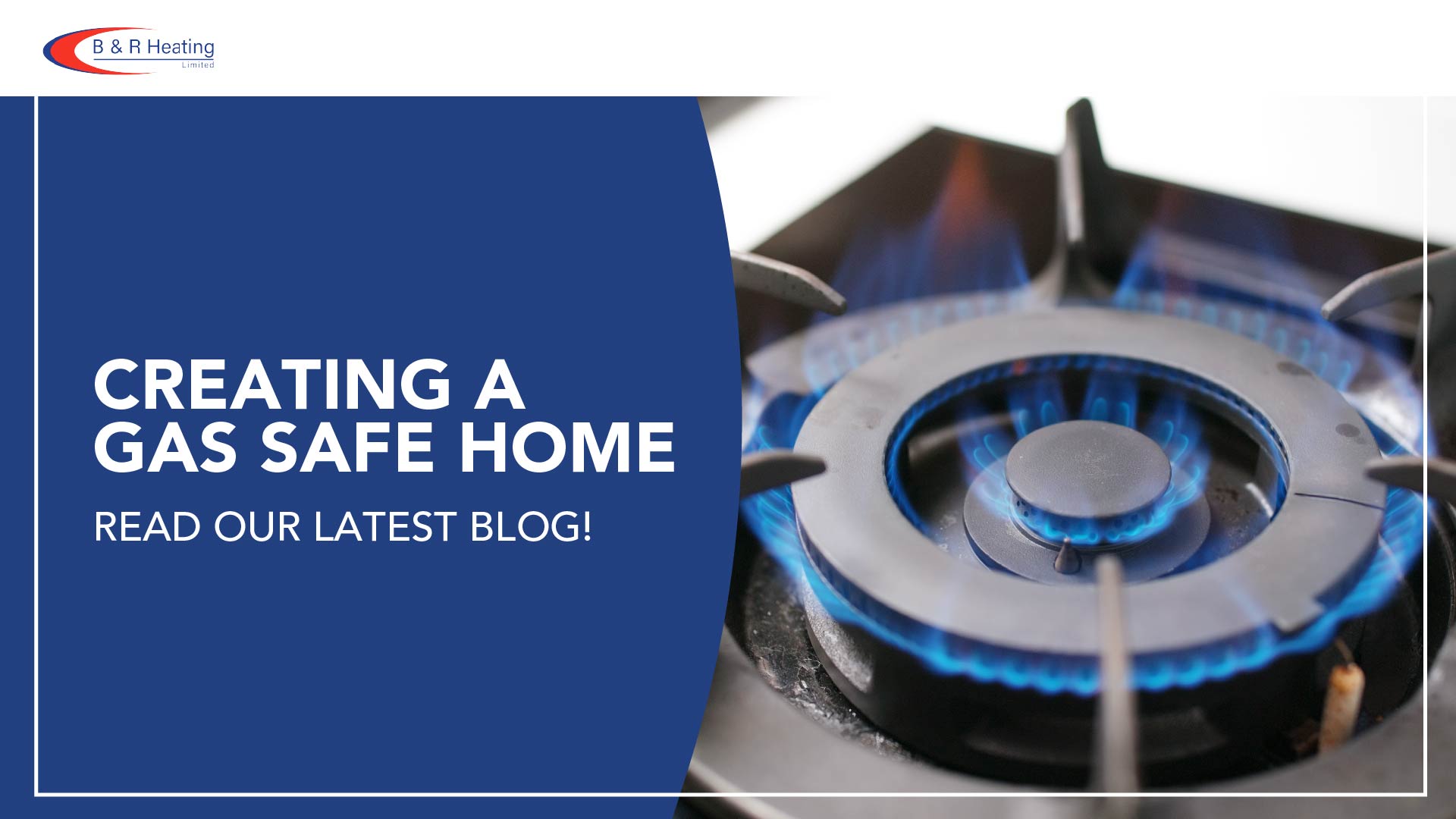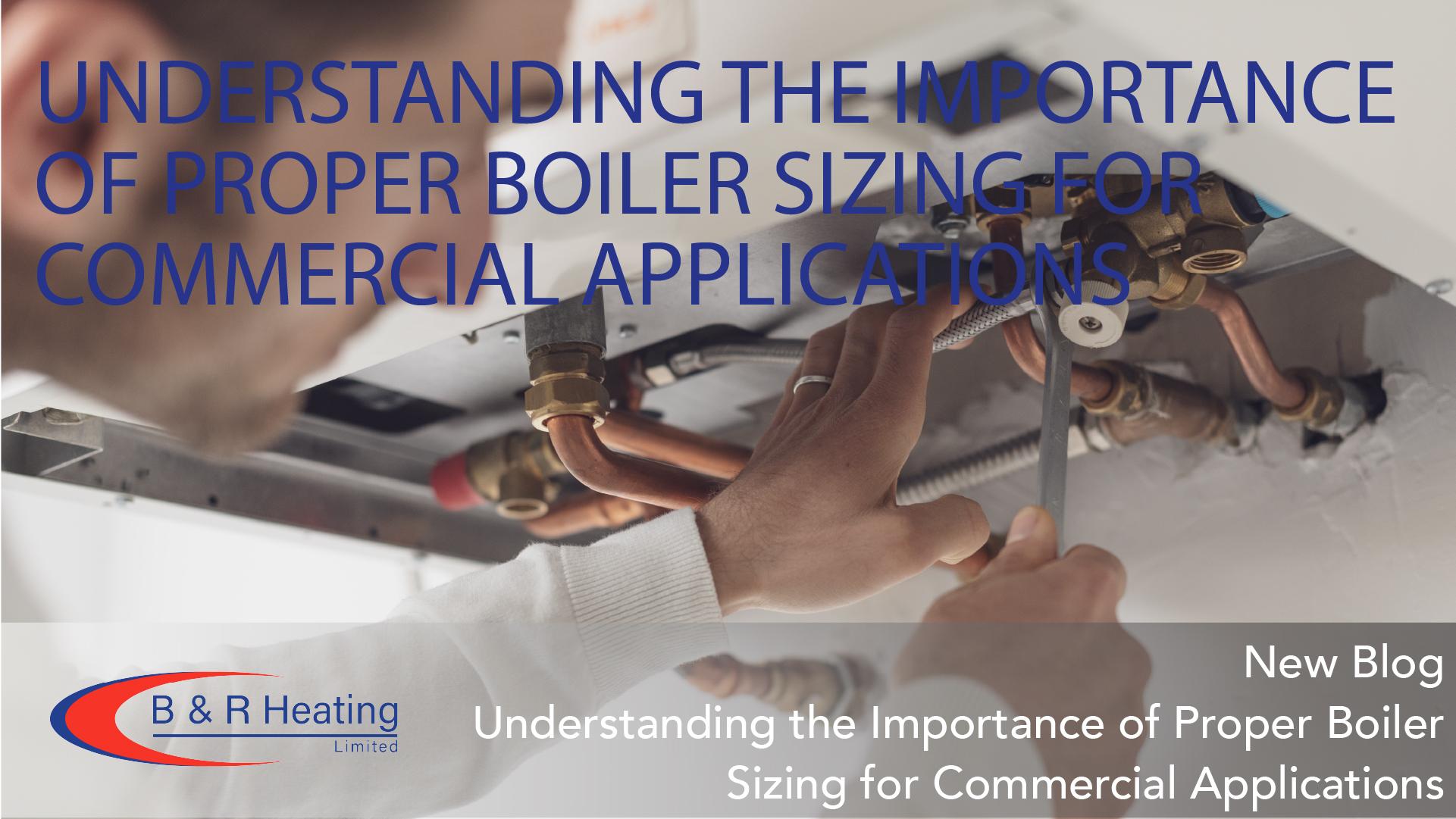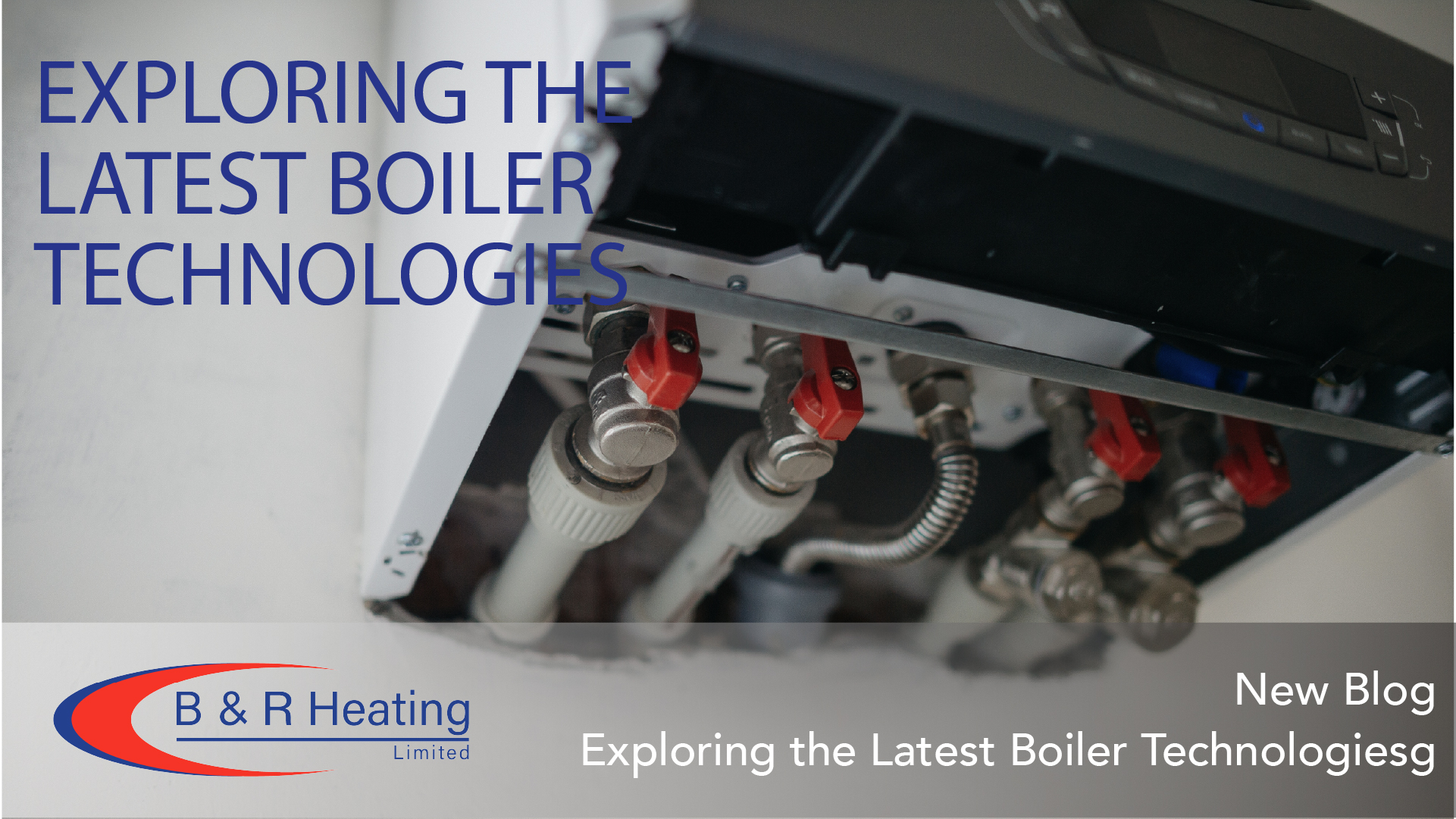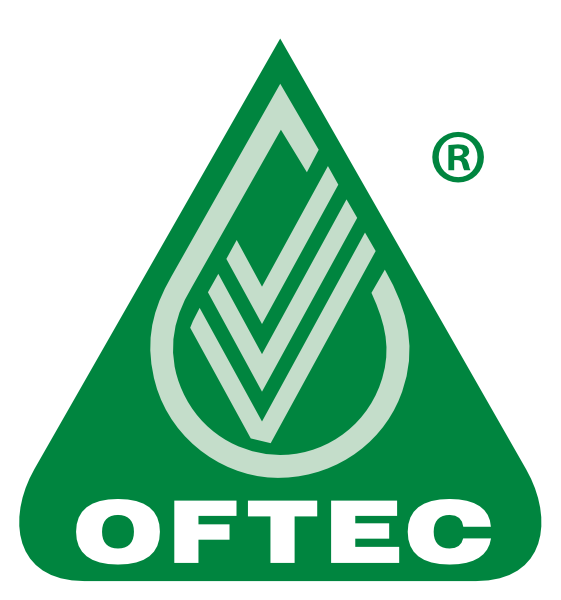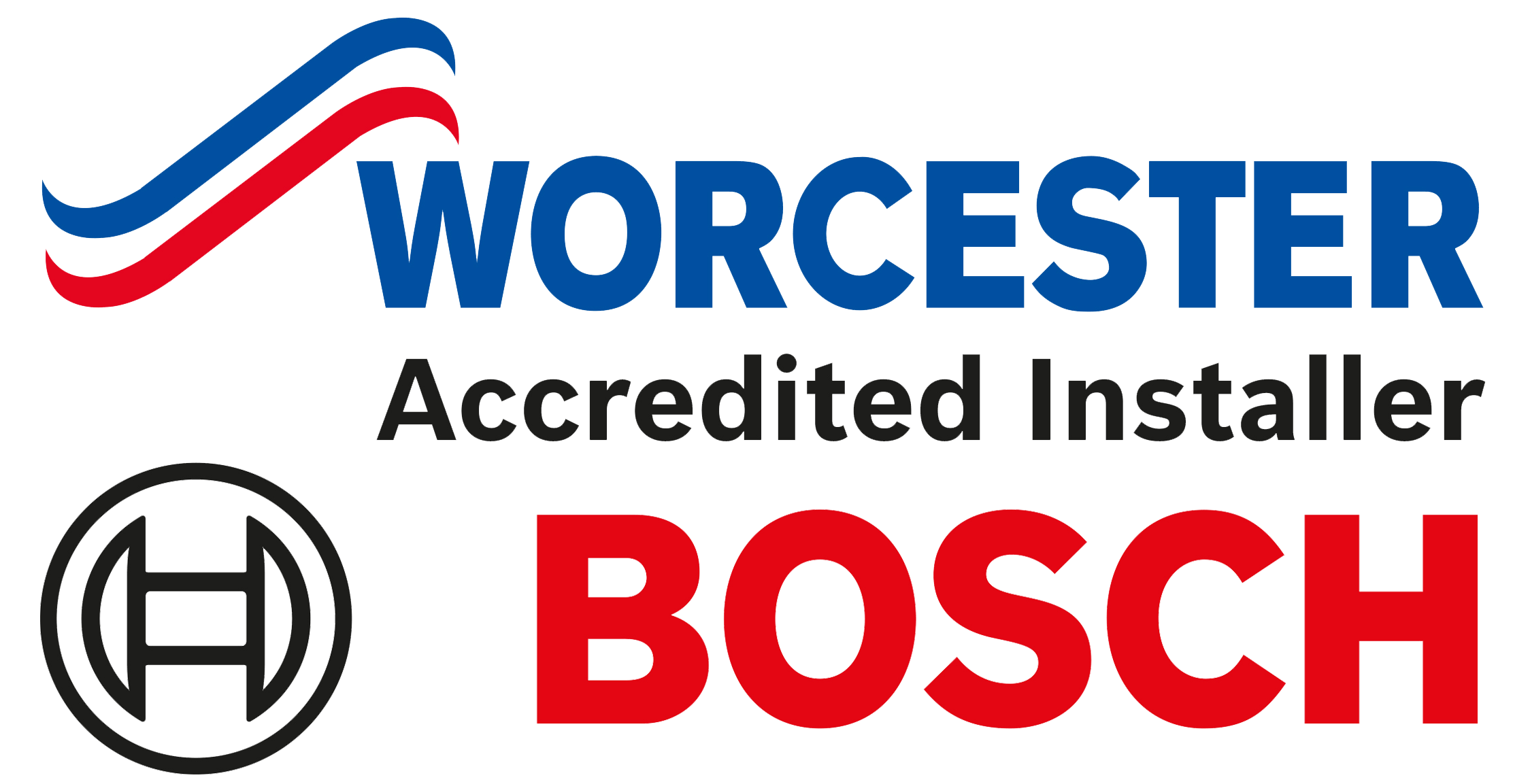Maintaining a gas safe home is vital to ensure the health and safety of yourself and your family. But what are the steps you should take to create a gas safe home and why?
Get an annual gas safety check
You should have all of your gas appliances checked at least once a year to ensure they are running safely and efficiently. This includes appliances such as gas stoves, fireplaces and gas boilers. Every boiler requires an annual service to ensure it is running both safely and efficiently, this reduces the risk of carbon monoxide poisoning as well as ensures running costs are at their lowest. These services should be carried out by a qualified Gas Safe engineer. They will do an overall inspection of all your gas appliances, including checking the pipework to ensure there are no leaks. If you are renting a property, your landlord should arrange these gas safety checks for you.
Find a Gas Safe registered engineer
It is important to make sure that the engineer working in your home has all of the correct qualifications and registrations required to work safely. This includes being Gas Safe registered. An engineer will be able to show you their Gas Safe ID, or you can check for registered engineers on the Gas Safe website. When checking your engineer’s Gas Safe ID, you should look at the front and back to ensure its validity.
Look out for gas appliance warning signs
Knowing the warning signs of an unsafe gas appliance is a key aspect of maintaining a gas safe home. Unsafe gas appliances can be incredibly dangerous if not spotted early, so here are the signs to look out for:
- A lazy/floppy yellow flame
- The pilot light keeps going out
- Black marks or stains on/around the appliance
- Increased condensation inside windows
If you notice one or more of these signs you should arrange a gas safety check as soon as possible, as this could be a sign that your appliances are faulty or not working efficiently. More specifically, the signs of a faulty boiler include:
- Leaking
- Low boiler pressure
- No heating/hot water
- Frozen or condensated pipes
- Faulty radiators
- Thermostat not communicating with boiler
- Unusual noises coming from the boiler
- The pilot light keeps turning off
- The boiler isn’t functioning
- Boiler breakdown
Again, if you notice any of these signs it is advisable to arrange a professional boiler service. A professional boiler engineer/plumber will be able to detect any problems with your boiler and explain how these issues can be resolved.
Know the signs of CO poisoning
Carbon monoxide is produced when you burn fuel in vehicles, stoves, lanterns, fireplaces or furnaces. CO can also leak from appliances such as gas refrigerators, so it is also important to have those regularly serviced. If indoor gas systems are not functioning properly, carbon monoxide could leak inside your home, poisoning those who inhale it. Carbon monoxide poisoning can be potentially fatal when not detected quickly, so it’s important to recognise the symptoms:
- Frequent headaches
- Dizziness
- Weakness
- Upset stomach
- Vomiting
- Chest pain
- Confusion
These symptoms are often described as ‘flu-like’, so make sure you don’t ignore potential signs of carbon monoxide poisoning. Infants, elderly people and those with breathing complications are more at risk of CO poisoning. Those who are sleeping or intoxicated can pass away from CO poisoning before presenting symptoms.
Buy an audible CO alarm
To prevent CO poisoning, it is a good idea to install a CO alarm in any home with gas appliances. You should make sure that the alarm you purchase is marked with ‘EN 50291’, as this ensures it is fit for purpose. These alarms will sound if they detect CO in your home, so you should place them where they can wake you up if you are asleep. You should replace your carbon monoxide detector every five years.
Ensure adequate ventilation
All gas appliances should have correct ventilation systems to ensure no carbon monoxide is being released into the home. This includes vent pipes that go up slightly as they reach the outdoors, to prevent leaking if the joints/pipes aren’t fitted correctly. Pipes should never be patched if they are damaged, they should be serviced and replaced by a gas safe engineer. It is also advisable to have any chimneys checked and cleaned annually to reduce the risk of carbon monoxide build-up in the home.
If your gas boiler is due for a service, feel free to get in touch with us to arrange a visit from our team at B&R Heating. We offer professional boiler maintenance services within Plymouth and the South West. Give us a call on 01752 695050 or visit our contact page.
Alternatively, you can receive an instant quote for a brand new boiler installation here. We have a range of boilers available with great, flexible finance options.

